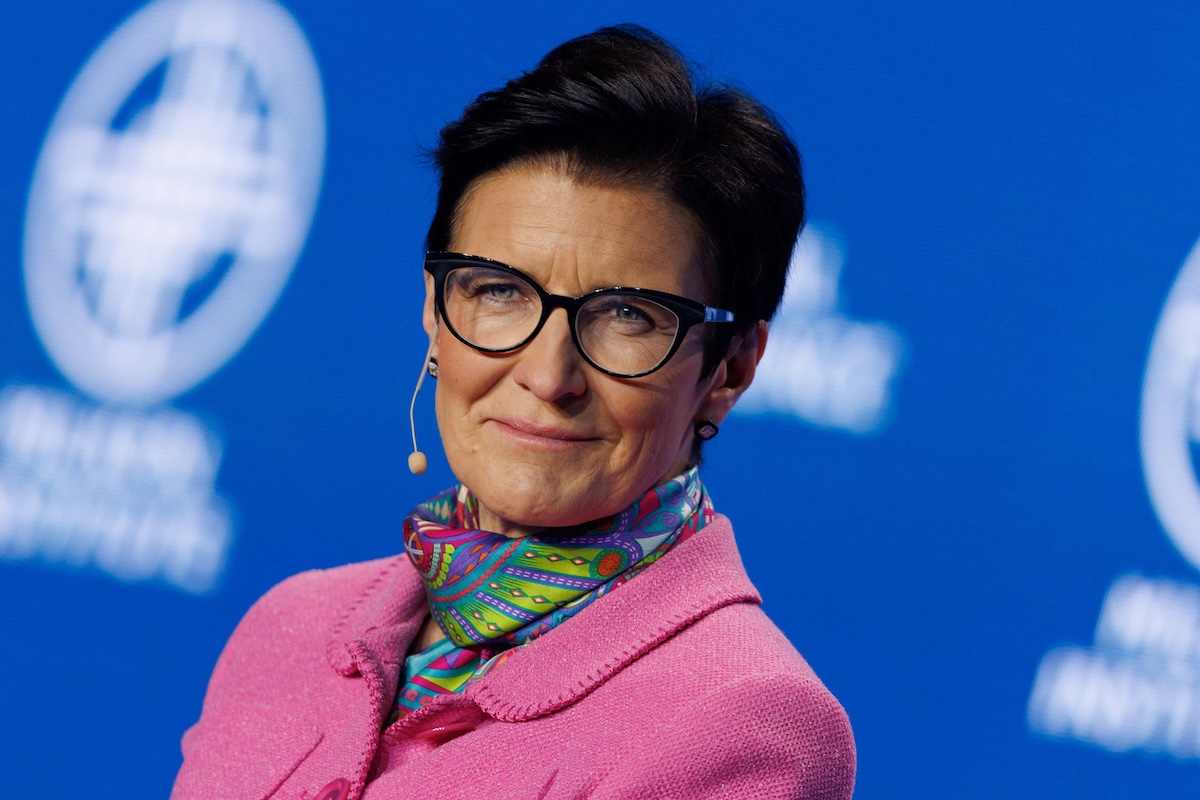
As more companies chose to withhold their full-year guidance this earnings season, it became clear that one of the biggest effects of President Trump’s tariff policies is the uncertainty now hanging over nearly every industry.
And that uncertainty — about supply chains, inflation, and the health of the U.S. economy — has trickled down from business leaders to investors.
It has created what Citi CEO Jane Fraser called "a shift that's bigger than any one policy" in a rare blog post from her that appeared on Friday.
"We are entering a new phase of globalization, one less defined by cooperation, and more by strategic self-interest," Fraser wrote.
"Long-held assumptions are being challenged, not just by tariff announcements but by a deeper confidence shock."
She noted that if investors were looking to the markets for some clarity about what is happening, "you might be a tad disappointed." But if you are looking for "signals" about how things are shifting across the globe, "they're everywhere."
This includes the way Treasury yields rose even as the stock market tumbled. And the U.S. dollar — once one of the ultimate safe havens — has weakened at the very moment when it would normally surge.
In fact, hedging against the dollar "is now at levels we haven't seen in years," Fraser noted.
"That tells us something deeper is going on. Investors aren't just pricing near-term risks; they're reevaluating the credibility of long-held certainties," she added.
While investors "believe the worst-case scenario is off the table" because of the temporary trade deal between the U.S. and China, business leaders don't seem to feel the same sense of relief.
"CEOs tell us they can absorb a 10% tariff, but 25% or more changes the calculus," Fraser wrote.
This has led to companies shifting production and making other changes to avoid supply chain disruption.
Multipolar future
Morgan Stanley analysts also highlighted the shift in global trade in a recent note, saying tariffs are “accelerating the shift to a multipolar world.”
In this new system, they wrote, “national security takes precedence over the efficient flow of goods and services throughout the global economy.”
As companies ramp up efforts to diversify their supply chains, "they face slower, costlier and riskier outlooks, with far-reaching implications for economies and financial markets."
"Companies will have to start producing in countries that are not traditionally associated with the manufacturing of some goods," said Morgan Stanley Senior Global Economist Rajeev Sibal. "And that completely changes the risk."
When a company doesn't "already have labor or capital investments in those economies, it's going to take a lot longer to make the decision to produce in that country," Sibal added.
As companies face higher costs due to shifting their supply chain productions, then it becomes more likely that consumers will also see higher costs as well, according to Morgan Stanley.
And as investment decisions become slower to make due to increased costs, "the new multipolar world exacerbates risks of slower growth and higher inflation."
Your email address will not be published. Required fields are markedmarked